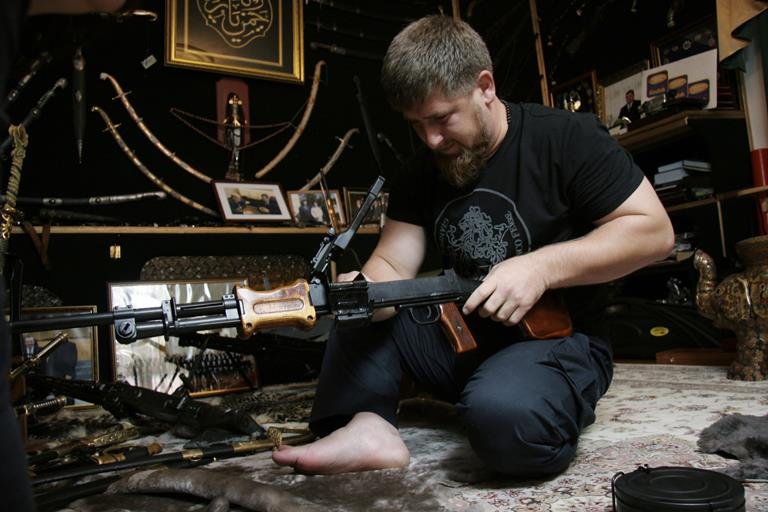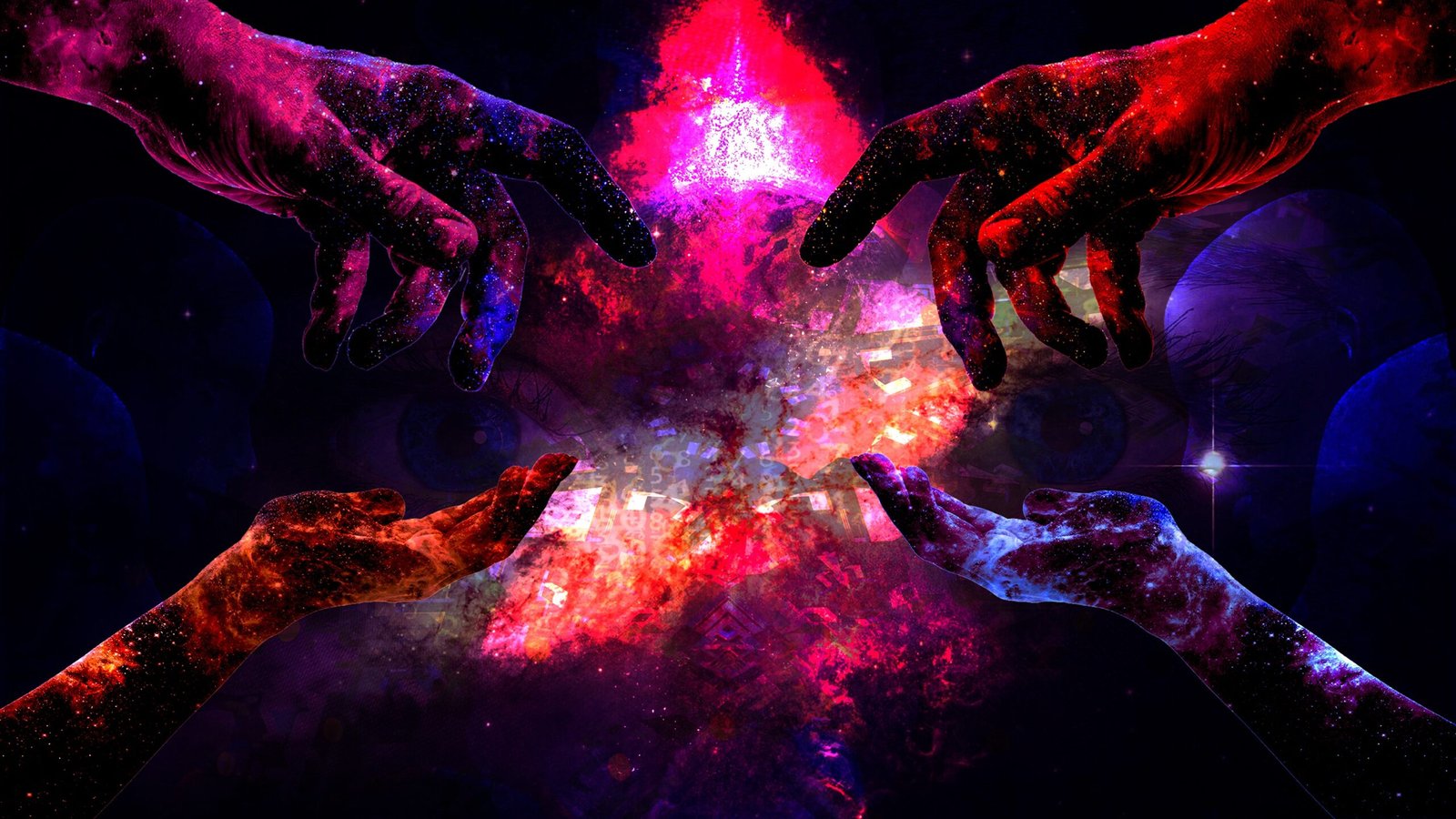LGBT activist groups and human rights watch organisations are uncovering the systematic targeting of homosexual men in Chechnya. Distressingly, there are reports of prison camps in which gay men are being murdered. Chechnya’s current leader, Kadyrov, has made a number of statements that could be interpreted as either utterly delusional, or duplicitous and poorly calculated. The same man who is brushing off the allegations of his mistreatment of gay people on the grounds that there are none, claimed that Chechnya is the most peaceful place on Earth. In short, Chechnya is a nation plagued by human rights abuses, and in order to understand how the troubled nation reached this point it is critical to know its historical context.
It is often hard to determine exactly when a national group formed and the origin of the Chechen people is no different, stretching back into a murky prehistory. A powerful, nationalist Chechen identity came about in the late 19th century, under the Russian Tsarist Empire.
Chechnya suffered greatly under the Russian Empire and later under the Soviet Union. In spite of its plentiful oil reserves, the USSR ensured that the people of Chechnya were kept poor and the region suffered terrible atrocities. In response to the 1941 revolution, the USSR carried out Operation Aardakh in 1944, which was only labelled an act of genocide 60 years later. The USSR expelled the Chechen people from their homes, massacred them in the streets, and worked many in the remaining population to death. However, this attack went beyond an attack on individuals. Numerous Chechen homes were reallocated to Western Soviet citizens. Notably, villages were annihilated and erased through the destruction of their historical records and redrafting of existing maps. Names of remaining cities were changed from Georgian and Arabic names to standard Russian. This horrific process claimed the lives of an estimated 170,000-200,000 people.
Finally, in 1957, increased freedom of movement allowed the Chechen people to return to their homeland, although in subsequent years poverty and crime once again thrived. During Gorbachev’s glasnost, open conversation about the crimes of the USSR led to the overt formation of nationalist groups. Unfortunately, some at the helm of the movement were corrupt. Although their initial concerns were environmentally based, the movement quickly became focused on the concept of maintaining sovereignty by any means necessary. However, the first movements were not concerned with full independence, but solely with the communal desire for Chechnya to be afforded the same international status as a union republic. In 1990, the Chechen national congress declared itself a ‘rightfully sovereign’ republic, becoming a fully independent republic after the fall of the USSR in 1991.
Yet the troubles of Chechnya were not yet over. Within a year civil war broke out, and by 1994 Moscow had invaded to ‘restore constitutional order’. The following two years were bloody and left 100,000 dead. Following the withdrawal of Russian forces, Aslan Maskhadov rose to become president.
Maskhadov won democratically through his reputation as a war hero. He was decidedly secular and had a vision for cooperation with Russia, including taking advantage of his nation’s lucrative oil supplies. However, years of conflict, instability and corruption had taken too much of a toll on the politician. Maskhadov was unable to exercise any meaningful power, as gangs and warlords relied too heavily on extortion, kidnapping and violence to cooperate with the new statesman. Corruption on both sides prevented any financial support from Moscow reaching anywhere of real utility, and the kidnapping of officials and the murder of British workers presented insurmountable challenges to any meaningful foreign investment.
As his democracy seemed economically unviable, and with warlords and Wahhabi Islamists tearing his nation apart, Maskhadov eventually caved to the demands of the fundamentalist factions within his nation and declared Sharia law. This did little to quell the downward spiral of the Republic. In 1999 the Islamic International Brigade moved into Russian territory from Chechnya and engaged in a firefight that killed hundreds of Russian soldiers. In response to this, and the questionable allocation of blame for the Moscow apartment bombings (in which FSB agents were caught planting bombs), Moscow had everything it needed to justify the war for which it had been preparing. Putin launched a quick and efficient offensive that ensured Chechnya was reabsorbed into Russian administration within a few months. Although counter-insurgency operations are still in place, the war is officially over.

Although the Russians had some success in removing terrorist and war lord elements in Chechnya, they sided with Akhmad Kadyrov (who was assassinated by Islamist rebels), and later his son, Ramzan. Putin even went so far as to install Ramzan as president. Part of the anti-Russian movement, when Ramzan was deputy Prime Minister he took over a police-station and assaulted police for arresting his sister. When he was clutching the actual position to the failing health of the present Prime Minister, he implemented Sharia law and called for the Muhammad-drawing Danish Cartoonists to be ‘burned alive’ and his tirade against Danish citizens was only curbed by Putin tightening the leash. Once he finally got position, he forced women to wear headscarves and closed refugee camps for a nation with nearly half of its citizens displaced – decrying them as havens for international spies – but spent $54 million on a new presidential palace. He is a man complicit in torture, sexual violence and international assassination and intimidation of his critics and enemies. Movladi Baisarov, an ex-commander for Kadyrov who was assassinated two kilometres from the Kremlin, stated that this despot “acts with impunity”.
Kadyrov is just the latest in a long line of tyrants to terrorise Chechnya, and another in the long line of Wahhabis to bring terror and misery into the world. Now, he has turned his attention to the gay men in his community because, put bluntly, he is an utterly contemptible despot, looking for a traditionally easy minority target.
Murder, discrimination and terror are nothing new in Chechnya, and although evidence for his crimes are clear and present, Kadyrov is no longer making it a challenge to the Russian Federation, so no-one is going to stop him.








Article Discussion